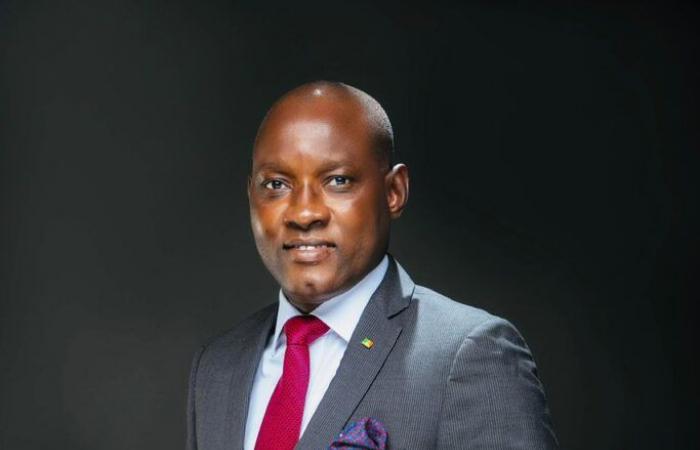
In a global context marked by systemic crises and growing economic instability, Senegal is faced with the urgent need to redefine its development financing mechanisms.
The objective of building a sovereign, just and equitable Senegal, as defined within the framework of the Senegal 2050 Project, requires innovative approaches, anchored in the mobilization of national resources and the reduction of dependence on international financial markets. From this perspective, diaspora bonds appear to be a more sustainable and strategically advantageous solution than Eurobonds.
Unlike Eurobonds, which expose emerging economies to currency risks, fluctuations in international interest rates and speculative pressures, diaspora bonds rely on unique social and emotional capital. By mobilizing the patriotic attachment of Senegalese living abroad, these financing instruments make it possible to raise funds on more favorable conditions, while strengthening the direct engagement of the diaspora in national development. Diaspora bonds reduce financial vulnerability linked to currency fluctuations, as they can be denominated in local currency or in hard currencies held by the diaspora. They also offer a competitive return, but potentially lower than that demanded by international institutional investors, which reduces the public debt burden.
The Senegalese diaspora, with more than three million members around the world, constitutes a strategic lever for financing development. Its annual transfers exceeding $2 billion demonstrate its financial capacity and its commitment to the nation. However, these financial flows are mostly directed towards consumer spending or individual real estate projects, limiting their impact on infrastructure and strategic sectors.
By designing targeted diaspora bonds, Senegal can direct these funds towards priority projects such as infrastructure, green energy, education and health, in alignment with the ambitions of the Senegal 2050 Project.
To maximize the potential of diaspora bonds, several levers must be activated. First, it is essential to establish a climate of trust by guaranteeing transparent management of the funds collected. The creation of a dedicated sovereign fund, with exemplary governance and regular communication on achievements, would be a guarantee of credibility.
Then, attractive tax incentives, such as tax exemptions on the interest generated by these bonds, could enhance their appeal. Furthermore, a targeted awareness campaign, supported by embassies and consulates, as well as innovative digital platforms, would make it possible to better inform the diaspora on investment opportunities and mobilize them around national issues. In this regard, a special program of “Ambassadors of the Diaspora”, as theorized in my work entitled “Economic diplomacy: the keys to prosperity for Senegal”, would be relevant for better sharing within the diaspora throughout the world. .
Finally, the integration of participatory mechanisms, such as the possibility for members of the diaspora to influence the choice of funded projects, would strengthen their sense of belonging and their commitment. Senegal could also draw inspiration from the successes of countries like India, which has raised billions of dollars thanks to diaspora bonds to finance critical infrastructure, or Israel, which has used this tool to mobilize resources from its diaspora with remarkable consistency for several decades.
Ultimately, diaspora bonds offer a sovereign and resilient alternative to Eurobonds. They embody a model of solidarity and participatory financing, in line with Senegal’s aspirations to rise to the rank of emerging nations while remaining master of its economic destiny. At a time when the world is going through complex and interdependent crises, this approach represents a strategic path to building a prosperous, just and equitable Senegal, supported by its citizens wherever they are.
Babacar Sané BA
President of Citizen Alternatives
Coalition MIMI 2024





